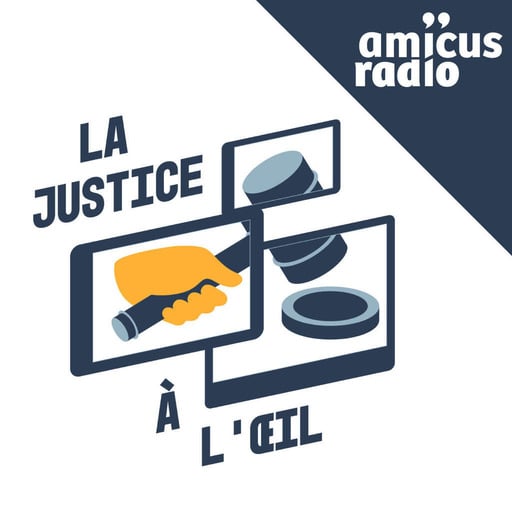We normally think of international law as constraining leaders' actions, especially aggression toward other countries. But what if one effect of an established international principle actually spurs more covert action against other countries? Michael Poznansky is an assistant professor of International Affairs and Intelligence Studies in the Graduate School of Public and International Affairs, with a secondary appointment in the Political Science department, at the University of Pittsburgh. In his new book, "In the Shadow of International Law: Secrecy and Regime Change in the Postwar World," Mike argues just this—that the principle of non-intervention that has come up in the past century has actually created powerful motives for leaders to engage in covert action more frequently to spur regime change. David Priess sat down with Mike to talk through his thesis and its implications.
Support this show http://supporter.acast.com/lawfare.
Hosted on Acast. See acast.com/privacy for more information.


 Emissions
Emissions











